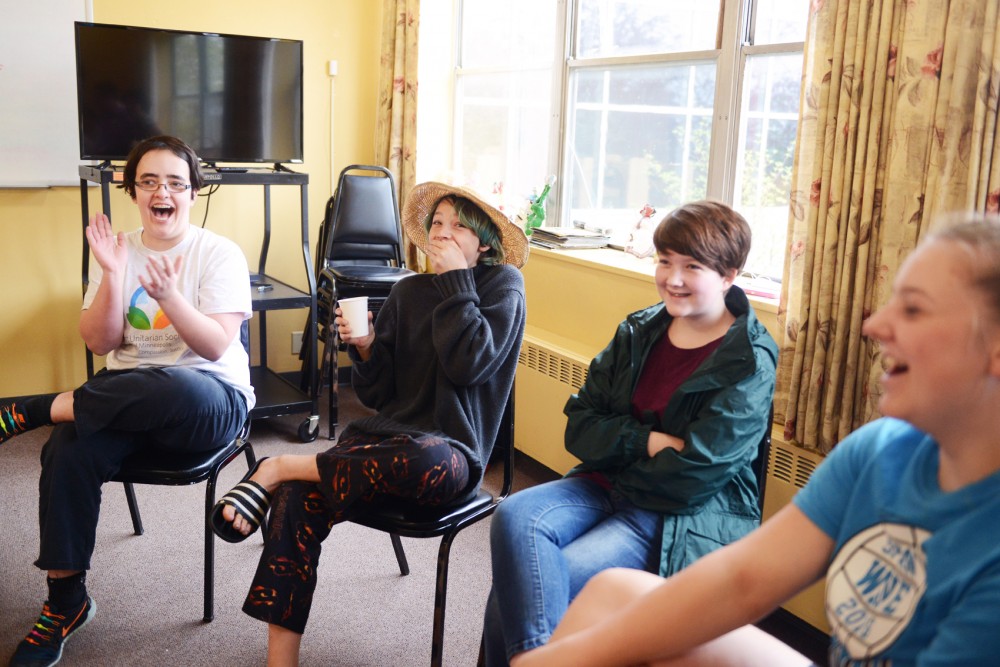Sitting in a circle with several other then-high school girls, Claire Loveall admitted she masturbated.
One by one, so did the others.
Now a University of Minnesota first-year student, Loveall said she divulged the secret to defend a friend who was ridiculed for mentioning female self-pleasure.
Hesitation to discuss masturbation exemplifies the sex talk taboo, said Bielca Guevara, an HIV health educator at West Side Community Health Services in Minneapolis. She said Minnesota’s abstinence-driven sexual education policies often leave teens unprepared for their first time.
At many schools in the state, health teachers stick to basic information about abstinence and reproduction. Though national education standards recommend including consent and sexual orientation in curriculum, many schools don’t follow those optional guidelines.
Abstinence-only supporters continue to vie for the method they consider most moral, but with mounting research backing comprehensive sex education, teachers are considering abandoning a no-sex-until-marriage model.
Democratic Minnesota legislators have proposed a bill — most recently in 2014 — to amend and standardize sex education rules statewide, to consistent Republican pushback.
And while federal funding regulations passed in December nixed allocations for abstinence-only education, experts worry that the state’s soaring STI rate and persistent questions surrounding sexuality by young adults indicate Minnesota students aren’t getting enough information.
Read the rest of this Minnesota Daily project here.


